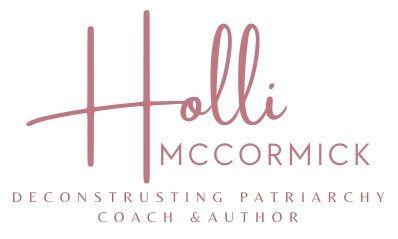THE CHURCH AND AUTHORITY
One of the “facts” our Western Operating System (WOS) banks on is that IT – and whoever is operating IT, which historically has been a select group of elite men – tells us who has the authority over the rest of us. This is a stable of the WOS, and in order for the WOS to continue to be the WOS, a complicated relationship of hierarchal authority must be maintained.
While yes we do live in the age of the Spirit and thus have some freedom to interpret the scriptures as we read them, we are still taught to hold to the basic fundamentals of the doctrine which has been handed down to us from a movement that was centered in creating and maintaining authority over the masses. These authorities got to choose what documents they felt were acceptable to be put in the bible – and after reading more of the history on this all I have to say is I don’t think this was such an God thing…but a man thing. *
Sure we have had reformations and church splits over the years, but none of them radically changed their inherent structure of a priest/pastor preaching from the pulpit on how to view scripture and use it for our lives. To complicate matters, not until the last what 100-150 years have bibles for individual purposes been readily available to the masses…so this put people in the position of taking their pastor or priest’s word.
Yet now, now one can get any number of wonderful translations of the Bible in their own language with annotated notes. They could even get a source like eSword on their computer, which helps them look up the bible in the original languages of Hebrew, Greek & Aramaic (this tool was such an eye opener to me).
In reading books by Diana Butler Bass (A People’s History of Christianity) and Elaine Pagels among other authors, I get a sense that the first couple hundred years after Jesus were tumultuous times, riddled with war, death, disease and oppression (imagine that?!). The early Christians were being attacked (you will read why below, and it will make perfect sense if you keep in mind that the Romans were a highly organized Patriarchal society who stamped out any threat to that structure…i.e. Jesus) and there was not uniformity among the early people who followed their Rabbi.
So, this early church that was split right down the middle really centered around this subject of “authority” (much like we are today, finally 2000 years later). While there is MUCH more history to it then this, in order to not allow the candle to go out, it seems that some men came along in the upheaval and disorder of the fifth century (Rome had finally been conquered) and started to organize Christianity to create order. The ways the early Christians had lived just were not going to cut it if the community was to survive, or so these men thought, so they sought out to first come up with a “formula” for faith and right living and then snuff out any form of “Christian” living that did not lend itself to this formula.
Of course the formula was one of hierarchy and external power and authority since that is all these men had ever known or read about. Prehistory – or evidenced of prehistory – had not been discovered yet. In a world where public education and free thought were not even on the radar, of course having a solid book of scripture and a solid way of interpreting that scripture made sense. This was for the protection of the “simple” minded, uneducated people.
While I would have to say it seems some of these men’s hearts were in the right place – and remembering they were probably not conscious of their oppression of others at this point in time – their structure of authority they established in the Church still stands, even after all the splits and breaks. It seems that unless you state that you believe the Bible is God’s inerrant and infallible word, you will not be considered as a Christian now-a-days. You have no authority to stand on apart from this.
Your authority is God revealed through the Jesus we see only through the Canonized Bible…and seen through the interpretation lens of patriarchy. This means you must submit your life, will, soul and experiences to this view of God.
These early Christians believed it was one’s own experiences, ability to name and apply meaning to those experiences for themselves is what made that person a Christian. In today’s language, I believe the earliest Christians recognized the need for self-authority was at the heart of experiencing a relationship with the Divine.
– then why should we not have the same authority in and of ourselves?


